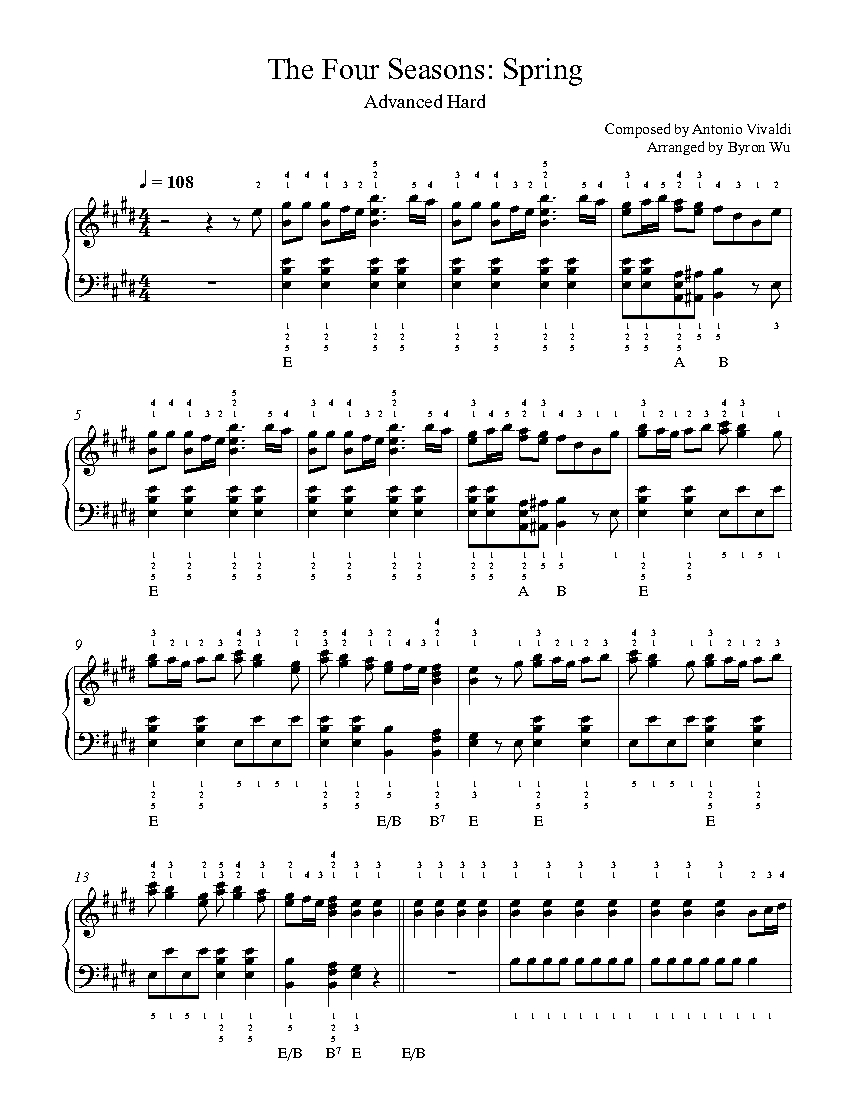
When the concerts of the Ospendale became so popular that they attracted many music lovers to Venice from abroad, Vivaldi soon found the girls’ school too small, although the composer remained on his “musical springboard” in various functions until the year before his death. Because the orphans usually performed the compositions of their teacher, he knew how to use the weekly events to work on his own career. Since the Ospendale was, in no small part, financed by the “chair rentals” of the schoolgirls’ concerts held every weekend, Vivaldi’s work made an important contribution to the preservation of the institution. In teaching, however, he focused on the merit system.

Vivaldi, soon known as the “red priest” because of his hair colour, enjoyed the recognition he received. As a violin teacher at the Ospedale della Pietà – an institution for about 6000 illegitimate and orphaned girls in Venice – he was admired by numerous female students. His artistic nature was a major reason for his interest in music. Vivaldi’s journey from priest to bon vivantĪfter his priestly ordination, Vivaldi blamed an asthmatic condition, which made singing at the obligatory mass more difficult, for quitting his laboriously learned profession after only one year, to seek new challenges. While his father had made it from barber to professional musician, Antonio turned to a religious career at the age of 14. However, the desire for social recognition was bigger than his enthusiasm for making music. Antonio Vivaldi knew how to handle the instrument like a virtuoso from an early age, and was able to frequently substitute for his father in the San Marco Orchestra. Of the nine children of violinist Giovanni Battista Vivaldi, only his first son Antonio inherited the musical talent of his father.


Ironically, it was mainly due to his father that Vivaldi soon started writing music history as a composer. His father had actually planned a career as a chastely priest for his firstborn.Īt first, the 25 year old “good son” obeyed his family and applied for his priestly ordination. Background information on the Four Seasons and Vivaldiįrom being a genius, admired during his lifetime, to his forgotten and impoverished death far from home, Antonio Vivaldi (1678-1741) savored all facets of a great artist’s biography.


 0 kommentar(er)
0 kommentar(er)
